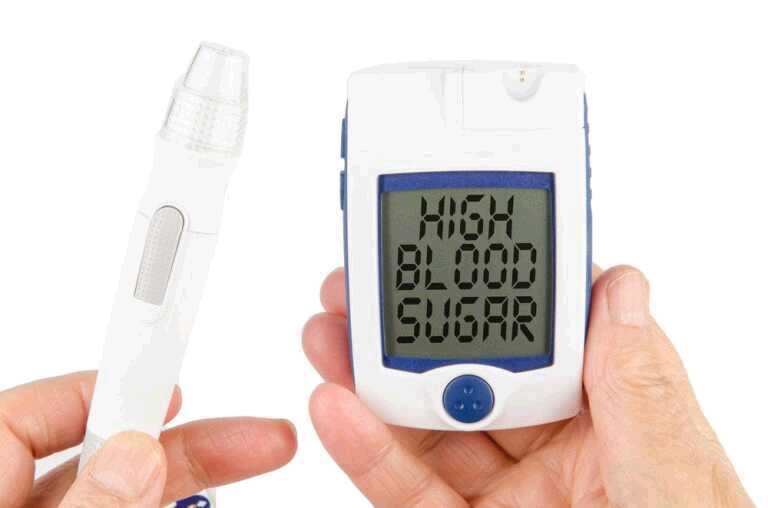
How does it feel to see witness a shocking big number on your glucometer the first thing in the morning? Probably not so good. The high blood sugar you experience may be caused by several factors, and it might take a while before you can get to the bottom of it.
To start off your investigation, here are 5 factors that could explain the highs.
#1. The Dawn Phenomenon
As you start of doze off, very little insulin is needed to control your blood sugar levels. However, when the wake-up time approaches, your body naturally releases hormones like glucagon and cortisol to prepare for the day ahead. This occurrence combined with a low amount of injected insulin left the previous evening causes the glycemia to soar.
To read learn more about the dawn effect, check out my post on the matter here.
#2. The Somogyi Effect
Here is another explanation for the highs you get every morning (and one that isn’t completely your fault). The Somogyi effect, also known as the rebound hypoglycemia, is a double-edge sword. When blood sugar is spiraling down the pit, the body releases hyperglycemic hormones to elevate it—just too much of it.
#3. Too much carb
If you went on a carb-splurging spree the evening before, you should already be anticipating your blood sugar levels the day after. So why the surprise?
#4. Too little insulin
If your evening meal follows the healthy eating plate display here yet still experience high blood sugar at sunup, you might not be injecting your body with enough insulin.
#5. Pills need adjustment
The time and mode of action of each diabetes medicine vary. That’s why their posology and time of intake depend on the type of anti-hyperglycemic medication, and the reason as to why physicians sometimes prescribe multiple drugs to control glycemia. Of course, there is also the response of the body after the intake which can differ from one individual to another. If the pharmacologic treatment is not helping you to manage your blood glucose, maybe it’s time for a readjustment.
